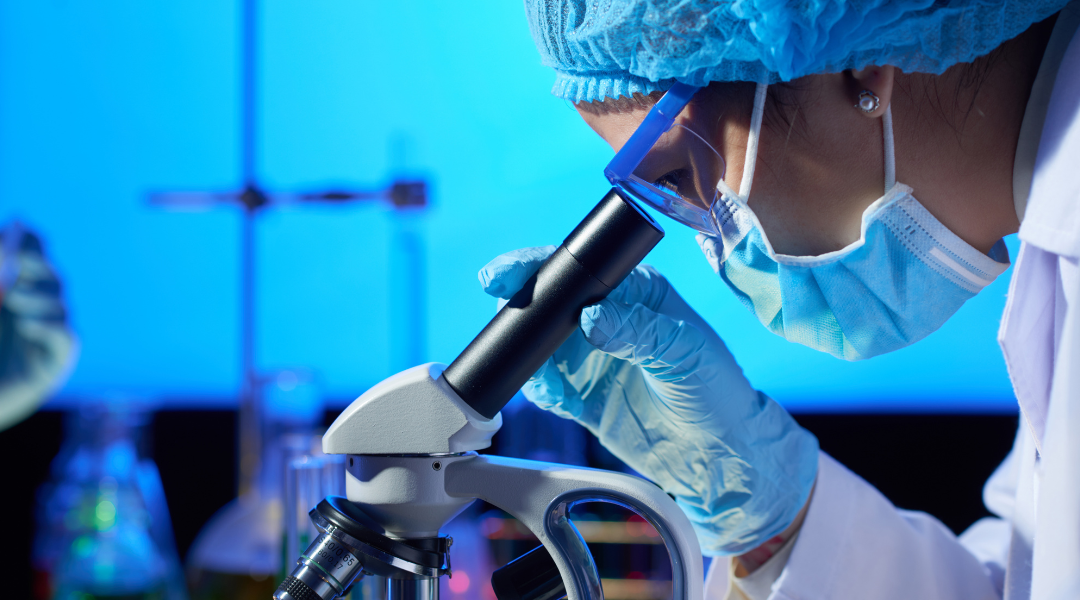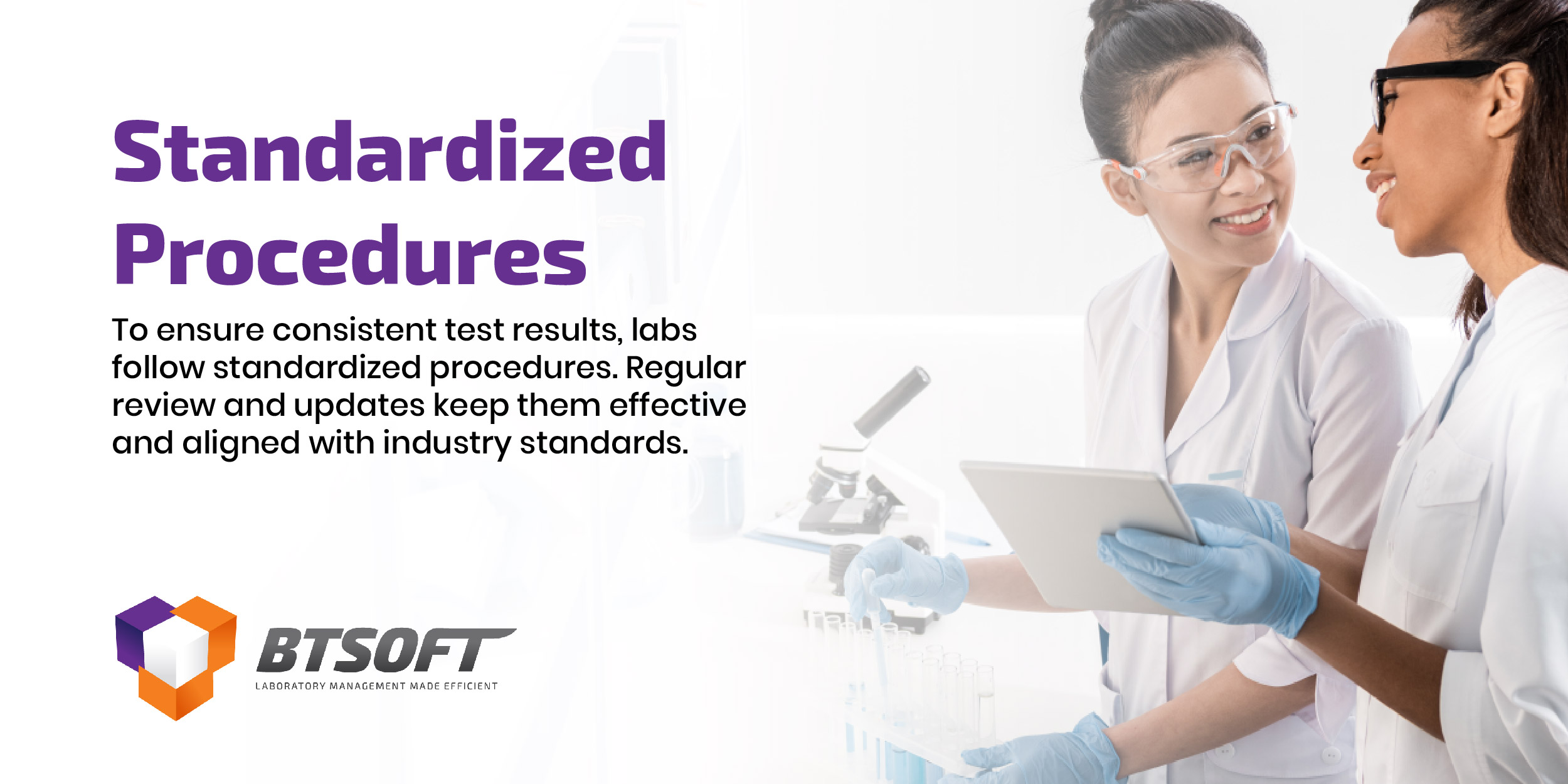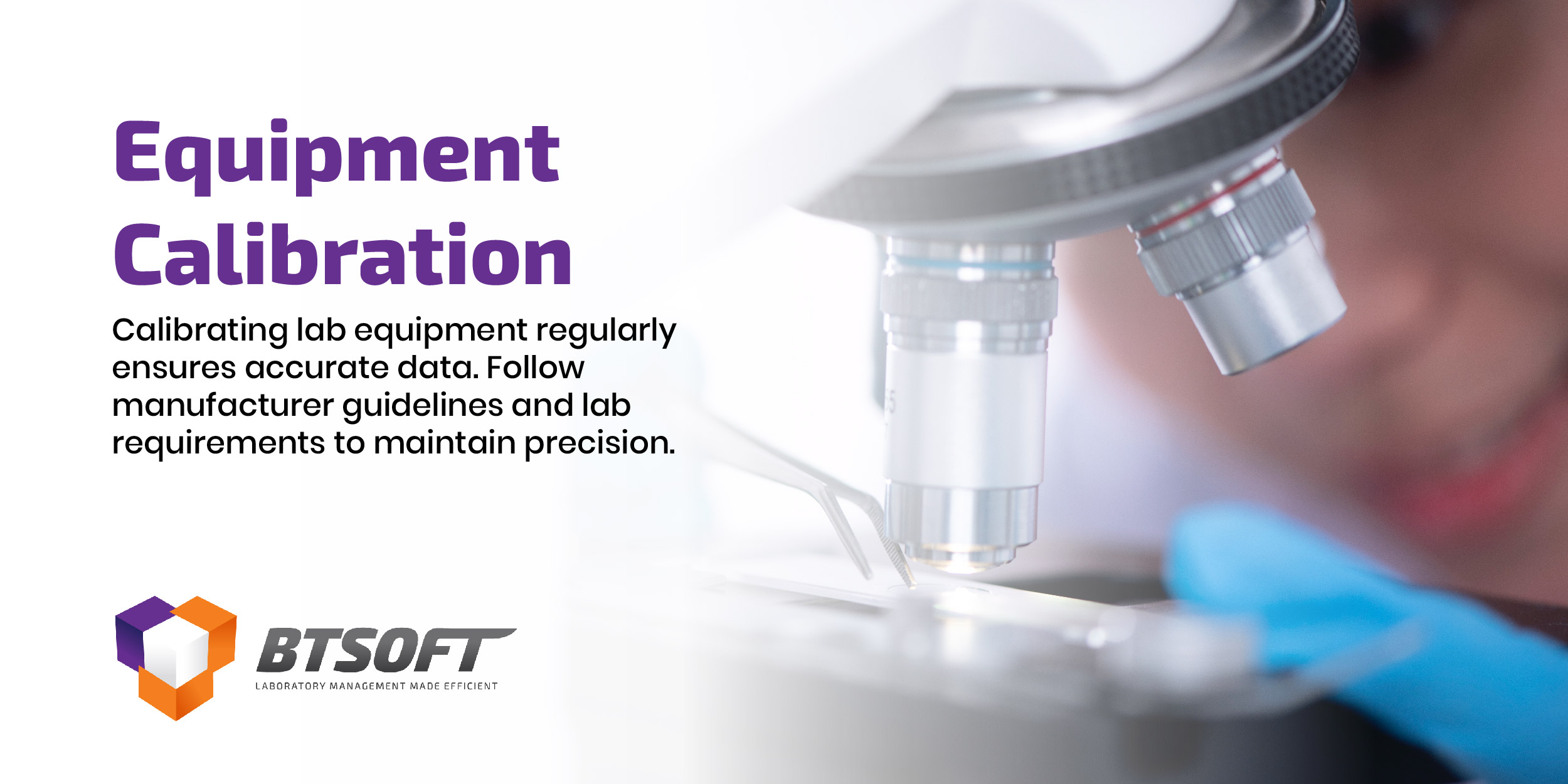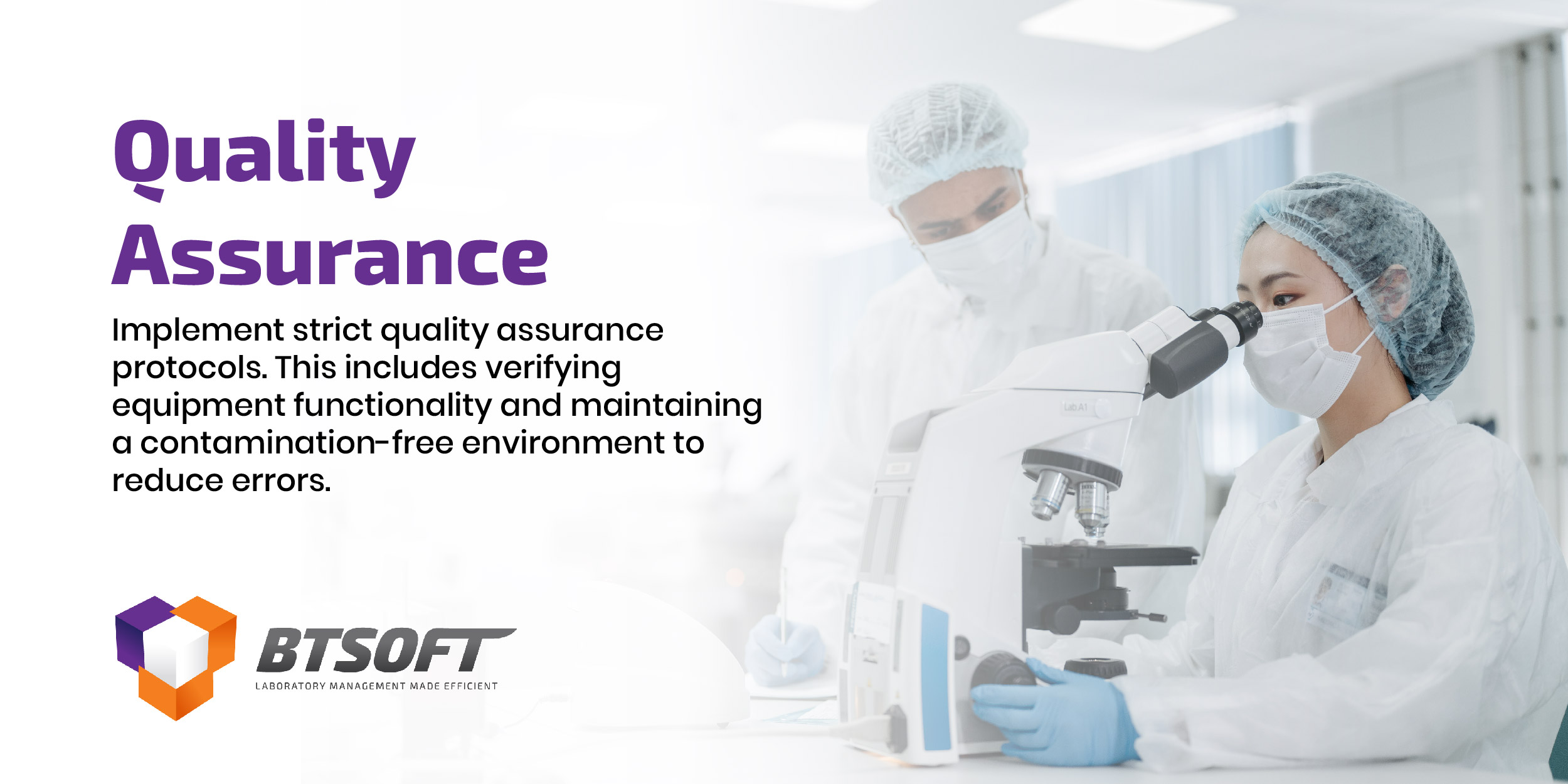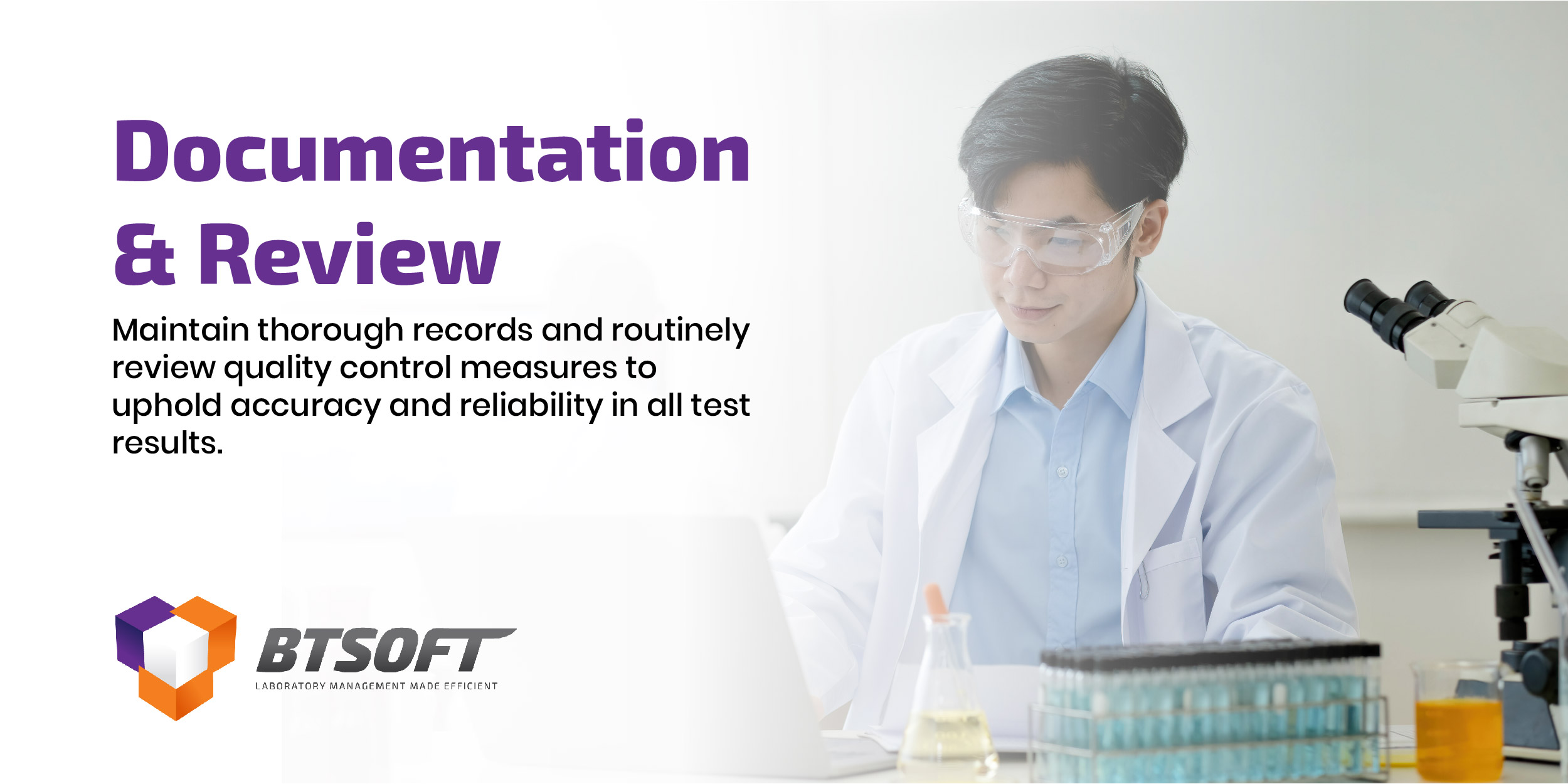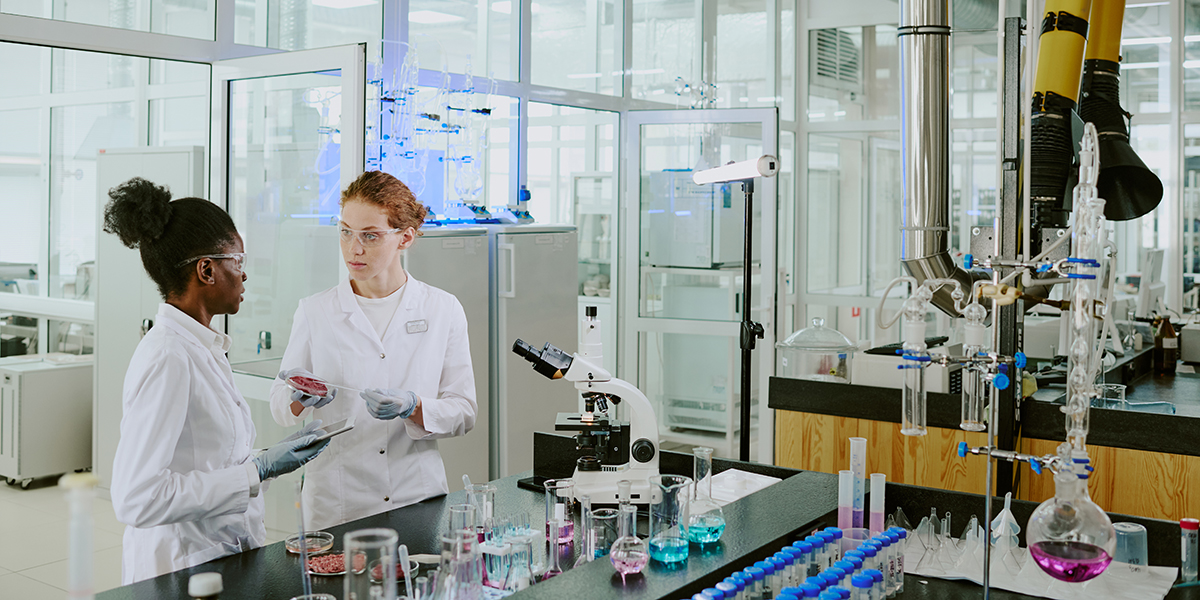Want to Improve Your Lab’s Quality Control? – Contact Us
Laboratory Quality Control: Ensuring Accuracy and Reliability of Test Results
To ensure accuracy and reliability, standardized procedures and protocols are established. These procedures guarantee testing is conducted consistently, reducing variations that could compromise results. Regular review and updates of these procedures are necessary to maintain their effectiveness and compliance with industry standards.
Regular equipment calibration is essential for laboratory quality control. Calibration ensures that tools, equipment, and machines are functioning optimally and providing accurate data. Establishing and maintaining calibration standards, following manufacturer recommendations, and adhering to lab requirements are crucial for accurate test results.
Rigorous quality assurance measures are implemented to minimize testing errors. These measures include proper adherence to testing processes, verification of equipment functionality, and maintaining a contamination-free lab environment. Regular documentation and review of quality assurance procedures are essential for maintaining accuracy and reliability.
Compliance with Industry Standards and Regulations
Different industries have specific standards and regulations concerning the accuracy and reliability of test results. For example, the food and beverage industries are required by law to conduct testing to ensure food safety. Asbestos testing laboratories also have specific quality control and quality assurance requirements. It is essential for laboratories to stay informed and comply with the specific standards and regulations applicable to their industry.
Accreditation to ISO/IEC 17025 is often sought by laboratories committed to quality control. This international standard provides assurance to clients and regulators that the laboratory has a credible quality system in place.
How Laboratory Quality Control Helps Safeguard Public Health and Safety
Accurate laboratory testing plays a pivotal role in identifying diseases and monitoring outbreaks for effective control and prevention in the field of public health. Therefore, the accuracy and reliability of laboratory test results are crucial to ensuring the safety of the public.
Optimizing Operational Efficiency
Laboratory quality control measures help streamline workflows, minimize errors, and improve overall operational efficiency. Well-defined procedures reduce the time and effort required to conduct testing, allowing for consistent and efficient processes. By minimizing errors, laboratories enhance the accuracy of results and increase overall productivity.
Reducing turnaround times for test results is another benefit of effective quality assurance in laboratories. This ensures clients receive prompt and reliable information, leading to greater customer satisfaction. Faster in turnaround times also improves operational efficiency and eases decision-making.

Accurate and reliable lab test results are crucial for public safety.
Laboratory Quality Control Builds Trust and Credibility
Laboratories that prioritize laboratory quality control measures gain trust and credibility among clients, peers, and stakeholders. By demonstrating strict adherence to procedures and protocols, labs become reliable sources for accurate and reliable test results, building long-term relationships and a positive reputation. This commitment to delivering accurate and reliable test results communicates the laboratory’s dedication to clients, peers, and stakeholders who rely on the laboratory for critical data. The consistent delivery of high-quality results promotes trust and confidence in the laboratory’s capabilities.
How BTSOFT Enhances Your Laboratory Quality Control
At BTSOFT, we understand the importance of laboratory quality control in ensuring accurate and reliable test results. That’s why our lab management solutions are designed to streamline data management, automate workflows, and enforce adherence to quality control measures.
Our lab management solutions provide a centralized platform for managing test data, tracking samples, and automating various processes. This not only minimizes turnaround times but also increases overall productivity. With user-friendly interfaces and customizable workflows, our products are tailored to meet the specific needs of your laboratory, allowing you to optimize quality control, comply with industry standards, and build trust with your clients.
Visit our website to explore our range of customizable lab management solutions and schedule a free demo to discover how BTSOFT can enhance your laboratory quality control.

